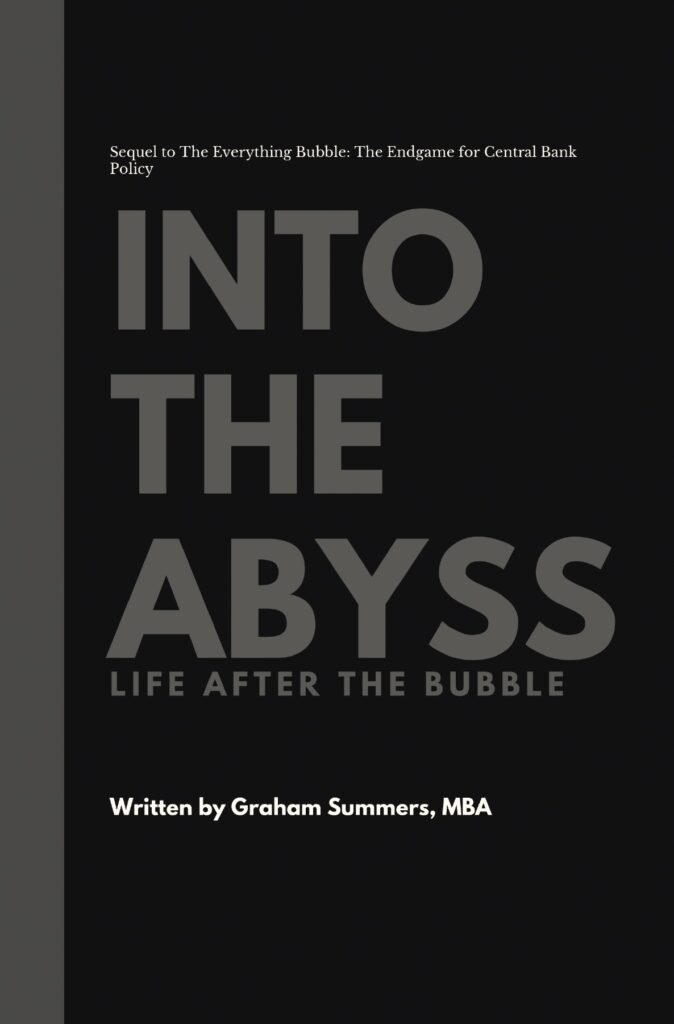The situation in Europe has now reached the point that the major players have shown their hands. And they are:
1) Germany will not put up more money unless Greece essentially passes up its fiscal sovereignty.
2) The G20 will not give more money to Europe via the IMF unless Germany and other EU nations create a “firewall” by putting more capital into the ESM mega-fund.
3) The ECB has announced Greek bonds are not eligible collateral for its LTRO operations, so if banks need immediate liquidity, they need to go to national central banks (read Germany).
This is quite a turn of events. Prior to this, the ECB and Germany were seen to be working hand in hand (aside from the usual political spats) to save Europe. But between the ECB’s decision to swap out its Greek debt for new debt that won’t take a hit in the event of Greek default as well as its recent rejection of Greek debt as collateral for LTRO loans, it appears that the ECB is increasingly going to make Europe’s problems Germany’s problems.
Both parties have a lot to lose in this battle. Over a quarter of the ECB’s balance sheet is made up of PIIGS debt. And German banks have plenty of exposure to the PIIGS as well.
This is why both entities (the ECB and Germany) have made moves to firewall themselves from a European fall-out. However, it is Germany that appears to have realized the reality of the situation more clearly: that there is no “good” way out of this mess, that austerity measures only cripple economic growth and make defaults even more likely, and that the Great Euro experiment is coming to an end.
This is most clear in the fact that Germany doesn’t want to commit more funds to the ESM mega-fund. It’s also illustrated by Germany’s intense demands of Greece, demands it knows Greece won’t possibly go for (which begs the question, “is Germany trying to simply force Greece out of the Euro without having to explicitly call for its exit?).
After all, Germany has its own problems to deal with. German banks are some of the most highly leveraged in Europe. And when you include unfunded liabilities, German Debt to GDP is north of 200%.
Plus you have an increasingly outraged German populace (the majority of them don’t want a second Greek bailout) putting pressure on German politicians. Indeed, the only political points German leaders have scored in the last few months have come from playing hardball with Greece.
So…
Germany is in a great squeeze. On one side the ECB and G20 want Germany to step up with more money to save Europe. On the other hand, German CEOs, voters, and even the courts, are increasingly wanting out of the Euro.
This is not a situation that gives one much confidence that Germany will stick around for too much longer. It is my view Germany is going to do all it can to force Greece out of the Euro before March 20th (the date that the next round of Greek debt is due) or will simply pull out of the Euro (but not the EU) itself.
Indeed, I recently told subscribers of my Private Wealth Advisory of a “smoking gun” that proves Germany is ready to walk out of the Euro at any point. I guarantee you 99% of investors don’t have a clue about this as the mainstream media has completely ignored this development.
So if you’re looking for actionable advice on how to play this situation (and the markets in general) I suggest checking out my Private Wealth Advisory newsletter.
Private Wealth Advisory is my bi-weekly investment advisory published to my private clients. In it I outline what’s going on “behind the scenes” in the markets as well as which investments are aimed to perform best in the future.
My research has been featured in RollingStone, The New York Post, CNN Money, the Glenn Beck Show, and more. And my clients include analysts and strategists at many of the largest financial firms in the world.
To learn more about Private Wealth Advisory… and how it can help you navigate the markets successfully…
Graham Summers
Chief Market Strategist




